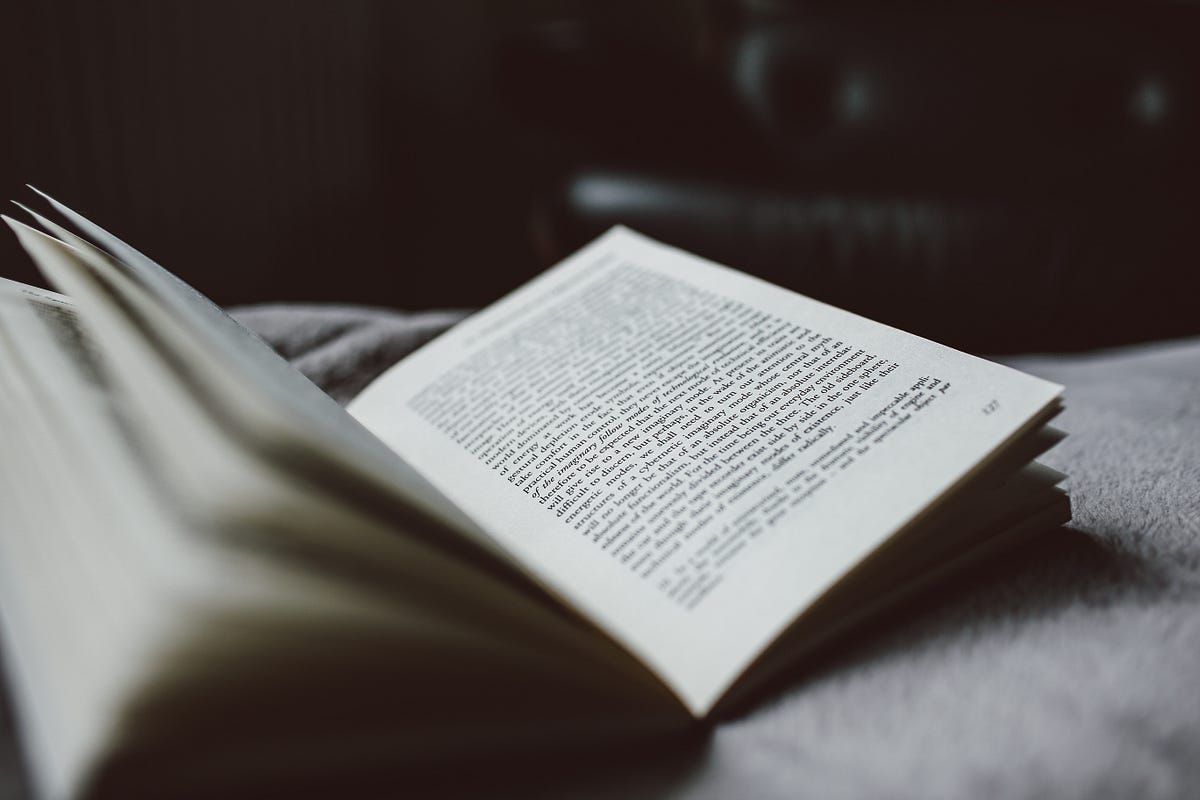DannMcGrew
Back of the bar, in a solo game



They add depth to a sentence; give it character.I like semicolons; I'm not sure why.
So seeing a semicolon drags your attention to one or more of the typeface, point size, line length, leading, tracking and kerning, does it?drag your attention from the story to the typography
No.it isn't strange to start paying attention to the printing when it is conspicuous. Writers often do that purposefully.So seeing a semicolon drags your attention to one or more of the typeface, point size, line length, leading, tracking and kerning, does it?
How strange.
What a ridiculous response. Pure provocative hyperbole.So seeing a semicolon drags your attention to one or more of the typeface, point size, line length, leading, tracking and kerning, does it?
How strange.
I don't notice them; I'm too busy looking at the pictures.

 writingcooperative.com
writingcooperative.com
The presence or otherwise of a semicolon has nothing at all to do with typography (a name that encompasses the things I listed); the typography calling attention to itself is, rather obviously, to do with the typography calling attention to itself.No.it isn't strange to start paying attention to the printing when it is conspicuous. Writers often do that purposefully.
The hyperbole was blaming a semicolon for you looking at the typography (something that has nothing to do with the punctuation a writer uses, but instead the things I listed, i.e. the typeface, point size, line length, leading, tracking and kerning).What a ridiculous response. Pure provocative hyperbole.
Well that certainly kicked the thread back into life. Nothing quite like a dissenting view it seems
Chucking some peat on the fire.

The semicolon is pointless, and it’s ruining your writing
Stop using it now. Smash that key on your keyboard if you have to.writingcooperative.com
A Word, Please: Writers who use semicolons aren't thinking about the reader
Here's a fun thing you can do with your writing: Take any two simple, clear sentences and use a semicolon to mush them into one.www.latimes.com
I must say, after reading: Check out this example from The Time Machine, by H.G. Wells:
“Presently, as I went on, still gaining velocity, the palpitation of night and day merged into one continuous greyness; the sky took on a wonderful deepness of blue, a splendid luminous color like that of early twilight; the jerking sun became a streak of fire, a brilliant arch, in space; the moon a fainter fluctuating band; and I could see nothing of the stars, save now and then a brighter circle flickering in the blue.”
The article's author then states, "See how far you get into that monstrosity before your brain checks out." Beforehand he states, "So why are you trying to suffocate them?"
Well, I don't know about the author of that article, but I tend to pause--and breathe--even at commas sometimes. Yes, periods could be substituted for the semicolons, and yes, I would never mimic that example...but I have no problem with it. It's an all-inclusive description of a singular thing, the sky. Each individual aspect separated by a semicolon, yet each detail of each aspect separated by commas.
The initial semicolon could be replaced by a period, perhaps even a colon(?). But, it works for me. I pause--breathe--and then continue at each semicolon when reading it aloud. In the end, however, instead of being left with numerous related though disconnected images, I'm left with a singular image of the sky in all its detail.
Okay, I'm convinced. I need to use more semicolons.
K2
That's simply not true. Odd uses of the typography - like the use of an @mpersand in a word - quite definitely cause the reader to become aware of how the prose appears on the page rather than simply what the prose says. It is similar to a jump cut in film - where one would normally not be aware of the editing.The presence or otherwise of a semicolon has nothing at all to do with typography (a name that encompasses the things I listed); the typography calling attention to itself is, rather obviously, to do with the typography calling attention to itself.
A pedant writes....Clunky punctuation does draw ones attention to the typography.
| Thread starter | Similar threads | Forum | Replies | Date |
|---|---|---|---|---|
|
|
AI Matrix - where reality is not what it seems | The Matrix | 1 | |
|
|
Where You Write *Matters* | Writing Discussion | 2 | |
|
|
Where do I punctuate? (colons, semicolons and/or commas) | Grammar & Spelling | 8 | |
| L | semicolons | Workshop | 23 | |
|
|
Semicolons | Writing Discussion | 6 |
